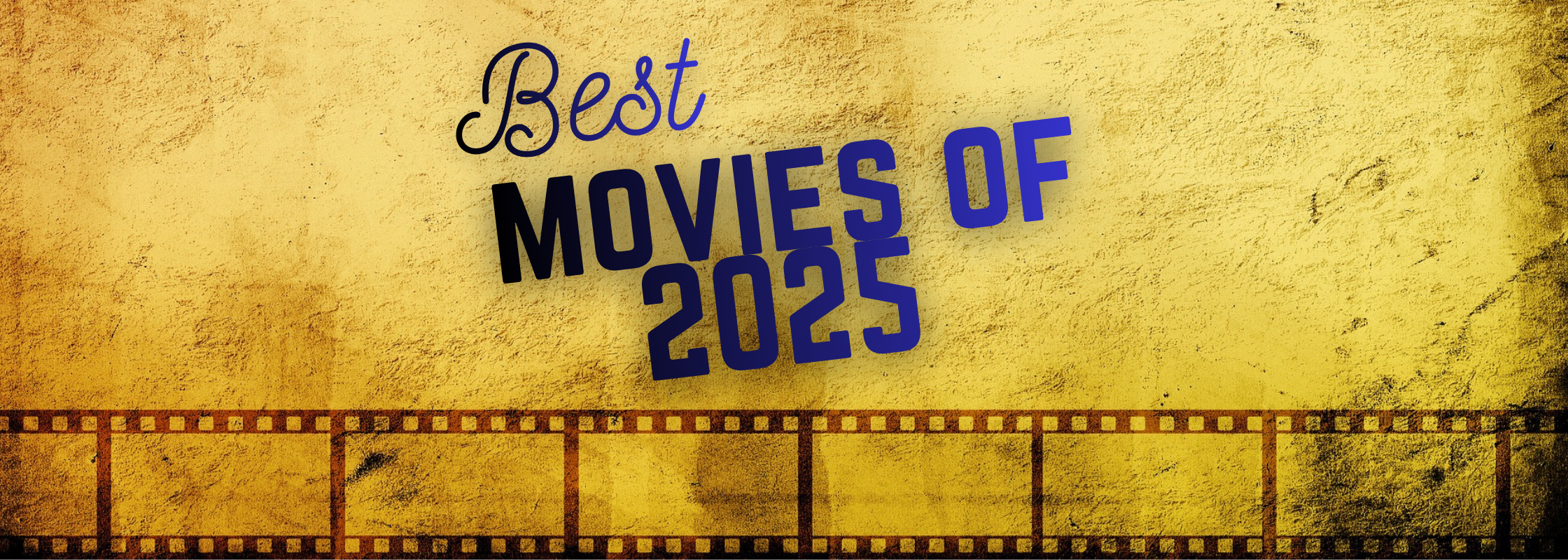La Concina review
Director: Alonso Ruizpalacios
Writers: Alonso Ruizpalacios
Stars: Raúl Briones Carmona, Rooney Mara, Anna Diaz, and Eduardo Olmos
Running Time: 139 minutes
Please note there may be spoilers below
Quoting Henry David Thoreau at the beginning of your film brings about the expectation that you depict some civil disobedience. Based on a play by Arnold Wesker, Alonso Ruizpalacios’ La Concina (The Kitchen in Spanish) is an act of expansive, literary-sized ambition. Adding to the growing list of art about tempestuous chefs in the trenches of the service industry, La Concina, within its stark black and white framing, speaks righteously to those of us disillusioned and chewed up by the gears of capitalistic greed. By way of cooking as a metaphor for combat, it is the working class who are sacrificed by the decisions of the rich and powerful, the chaotic lives of struggling people crumbling amidst the hot gas flames, stainless steel bench-tops, and close at hand knives.
Not dissimilar to The Brutalist, a large part of La Concina speaks to the immigrant experience. Young Estela (Anna Diaz) arrives on New York shores trapped in the dreamlike frame-stuttering trance of Manhattan’s incessant hustle. She walks to The Grill, a supersized restaurant in Times Square where the kitchen is staffed by a ragged mix of mostly Hispanic cooks, who include her family acquaintance, the hot-headed Pedro (Raúl Briones Carmona). Pedro is dating the sharply intelligent Julia (Rooney Mara), who, now carrying an unexpected pregnancy, is weighing up the limited options she has in a world of minimum wage and badly tempered chefs. In stage-like fashion, La Concina is a film of disparate environments, both gender and economically split. Women manage front-of-house, whilst mostly men manage back-of-house; the women perform for the sake of patrons, whilst the men vent for the sake of their sanity. Even before opening, The Grill is almost like a theatre: the women shower and dress together backstage, preparing their roles for an audience. The gender divide is explicit as the very act of passing food from kitchen to waitress is cluttered with a dangerous mix of flirtation and anger, objectification and projection.
“In a scene as good as this, the dropping of a single food tray can break your heart.”
As the film takes us through these high-contrast two-tone corridors, ruthless owner Rashid (Oded Fehr) learns that his business is $823.78 short from a previous shift. He won’t call the police. “I want a confession in the thief’s own words. I want him to admit that he stole from me.” Rashid is a sovereign capitalist, falsely fostering the hopes of his staff of possibly providing them legal working status to keep their morale in check: for Pedro, the very suggestion of legal working status is enough to keep his faint candle burning. He’s been working in this kitchen for 3 years. Pedro’s a character of instinct, a cook of fine talent but with an addiction to antagonistic behaviour that uncomfortably keeps him stranded between function and lunacy. He’s a product of his environment, and his environment is razor-sharp and full of spirited collision.
There are some virtuoso sequences – pre-lunch rush, we get an extended sequence of what drag culture calls ‘reading,’ an insult ritual where the chefs lay into one another with the most colourful slurs they can cultivate from English, Arabic, and Spanish. It’s the kind of set-piece La Concina clearly enjoys, for it has a searing patience to allow its economic, cultural, and gender satire to breathe so we can steep in the sweaty faces of cooks yelling ‘blue balls’ at each other. Then the lunch rush comes, and the artistic heart of the film comes fully alive in an audacious one-shot that takes us through cooking-as-warfare combat to the front-of-house complaints and back again to a suddenly flooded kitchen swimming in leaking cherry cola. It’s an exaggerated sequence of heightened reality that feels perfect for La Concina’s satirical ambitions, its wandering handheld camera shifting from a sliced, bleeding finger to a slice of birthday cake. The monochrome cinematography excels as harsh lighting bounces off each cooking surface onto the stressed faces of each suffering team member, Pedro’s hope and love for Julia contrasting against the assault of a head chef’s expletives. In a scene as good as this, the dropping of a single food tray can break your heart.
It’s a shame the final act proves incapable of maintaining this momentum. Similar in structure to Ruben Östlund’s Triangle of Sadness, La Concina has an outstanding film somewhere in its blood, but its occasionally indulgent and languid choices hold it back from being exceptional. Both movies contain outstanding second-acts that ring out utterly complete and thematically integral, and both then suffer from overlong conclusions that are too flatly composed. The lead-up to Pedro’s self-destruction includes a 20-minute sequence during a shift break that, while providing a sliver of thematic foreshadowing, simply robs the film of energy. Another scene of providing lobster to a homeless man hammers home too thoroughly the theme of economic inequality that by this point is already clearly defined – it’s a redundancy that feels unnecessary in the film that feels overstuffed. Pedro’s downfall comes from within himself, a final act of institutionally driven madness – robbed of hope, worked to his bones, stolen of choice, his behaviour is seen instead as an act of insanity rather than one produced by the world he survives in.
By then, the line between back-of-house and front-of-house collapses, the customer-facing perfection destroyed when the human cost of kitchen-as-warfare spills out onto the laps of patrons - Pedro can’t pretend anymore. The price is too high. Under the shadow of profit, Pedro is a broken man of little value. The Grill’s owner looks at a shattered ticket machine and says to him, “You stopped my world.” For La Concina, this is the point we’ve been building to: it was never Pedro’s world to begin with.


